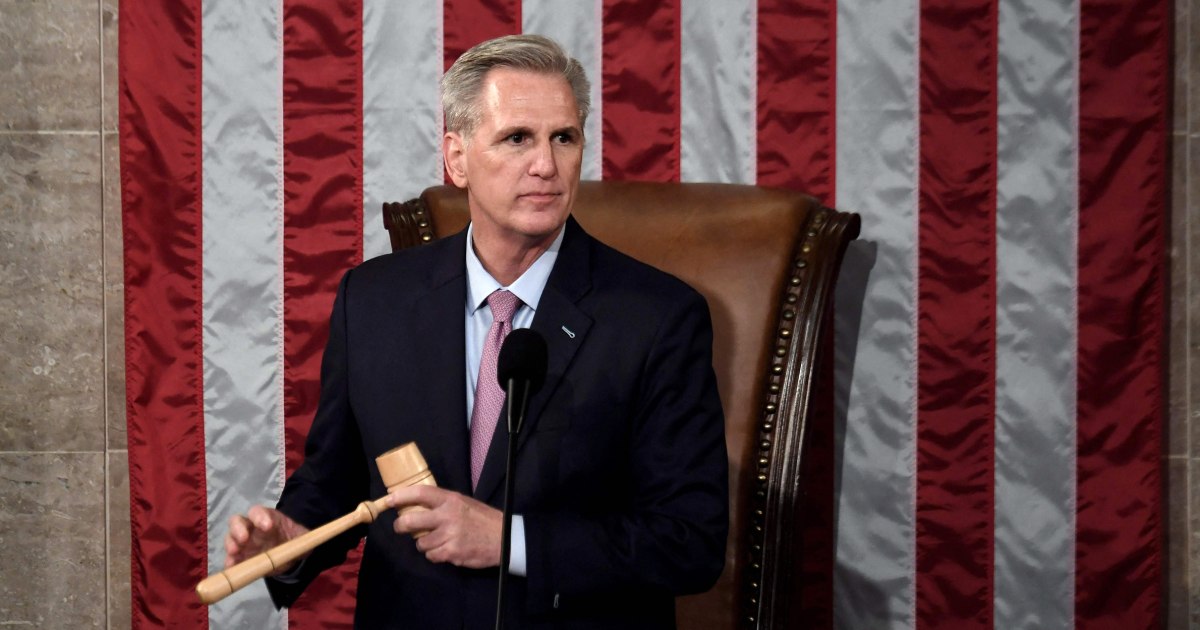postman
Diamond Member
- Feb 23, 2017
- 20,515
- 11,377
- 1,250
Actually the Constitution is ambiguous on that point.This is correct - a 269-269 EC tie is not broken by the VP.
The Constitution has a procedure for addressing a non-majority result in the EC and the VP has nothing to do with it.
It gives the VP the power to break ties in the senate.
And the EC vote count, takes place in the senate.
